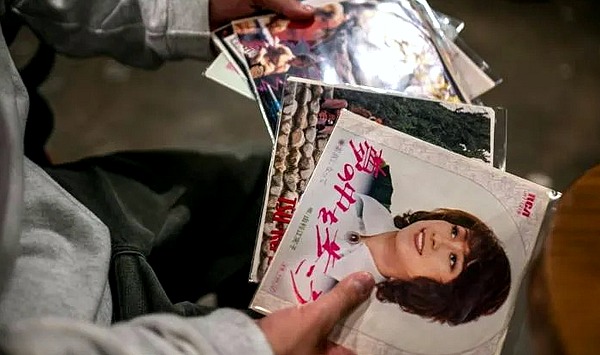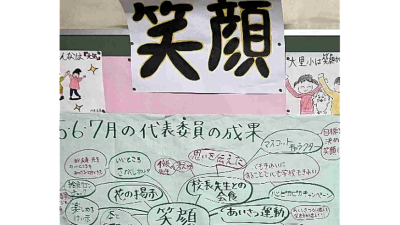By Katie Forster
TOKYO, Feb 22 (AFP) — Tel Liyanto wasn’t alive during Japan’s 1980s boom, but she loves the “timeless” City Pop hits of the era, now going viral thanks to a new generation of young, international fans.
The glamorous soundtrack that accompanied the country’s economic miracle is exploding in popularity decades after its upbeat synths, influenced by soft rock, boogie and soul, first hit the airwaves.
The retro genre is so hot that Canadian star The Weeknd sampled the 1983
track “Midnight Pretenders” on his latest release, and record companies are racing to reissue long-forgotten City Pop vinyl.
It’s like disco: a nostalgic sound, but also modern,” said Liyanto, a 27-year-old from Indonesia who works for a creative agency, as she danced to City Pop in a Tokyo bar.
“I listen to it when I’m dancing, I listen to it when I’m chilling,” she told AFP.
From its origins in niche online music circles, the revival was amplified by YouTube’s algorithm, which detects when a song is being liked and shared and recommends it worldwide.
The most popular tracks, like Mariya Takeuchi’s “Plastic Love”, have tens of millions of views on YouTube.
The song’s funk bassline and flamboyant brass have the optimistic vibe of “Club Tropicana” by Wham! — but the soaring Japanese vocals tell another story.
“Since the day I was heartbroken, I’ve been living life with day and night reversed,” Takeuchi sings in the track that commenters call a “hidden gem”.
“Why am I suddenly listening to Japanese 80s pop? And why is it so good?” wrote one.

Fresh, but familiar
Kei Notoya, a 33-year-old DJ, was hooked by City Pop the first time he heard it at a university party.
He has since collected around 3,000 records, some of which sell out in seconds from his online shop Tokyo Condition.
“Japanese music back then copied a lot of American rock, soul, R&B,” he told AFP. “It sounds fresh, but at the same time, familiar.”
“People who weren’t born can feel the energy, the atmosphere of the 80s and 70s by listening to these songs.”
The buzz has prompted Japanese record companies to upload more of the back catalogue onto streaming services.
But the huge number of “slept-on” songs — ignored for many years, but recently unearthed by music lovers — keeps interest in the genre alive, Notoya said.
He boasts of “new finds every week” in second-hand record shops, and released the compilation “Tokyo Glow” in December.
The Weeknd’s sample of Tomoko Aran’s hit on his new track “Out of Time” is “the most mainstream example of any Japanese older music being introduced to a wider audience”, said Patrick St Michel, a Japan-based music writer.
“Midnight Pretenders” was reissued on vinyl last year along with other City Pop favorites including “Plastic Love”, which has also been refreshed with a modern-day music video by record label Warner Japan.

‘Not pure hedonism’
Gary Ieong, the co-owner of White Noise Records in Hong Kong, said that while fans prefer hunting for original City Pop presses, the “Plastic Love” reissue has been “really popular” in his shop.
Young people who listen to the song on YouTube want to buy the reissue “as a souvenir, or for the artwork”, he told AFP.
The music is also popular on TikTok, where fans match their favorite tracks to anime-style sunset illustrations or dance along in 80s clothes.
But beyond cheesy fun, new listeners are also drawn to City Pop by the “element of melancholy lurking within,” said St Michel.
“That’s something that creeps through all the City Pop songs and gains them virality. There’s something sad about it too — it’s not pure hedonism.
Nothing lasts forever though, and early trendsetters who started getting into City Pop online in the 2010s are already moving on, St Michel said.
They have “already kind of said clearly, ‘it’s already over for us, we’re moving on to the 90s’.”
“It’s like a race to find what internet crowds will be into. But they’r the ones to decide,” he added.

ADVERTISEMENT
ADVERTISEMENT








































